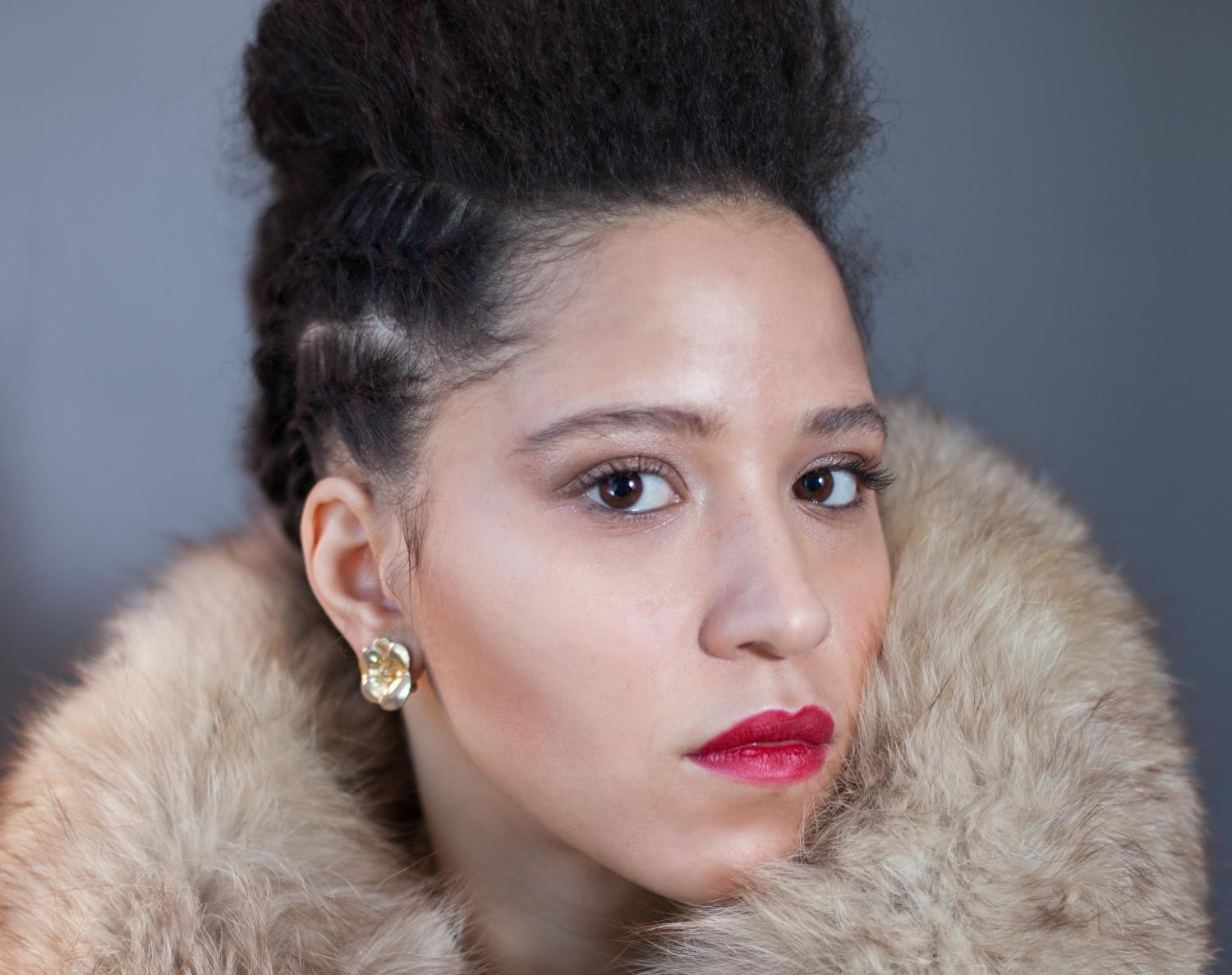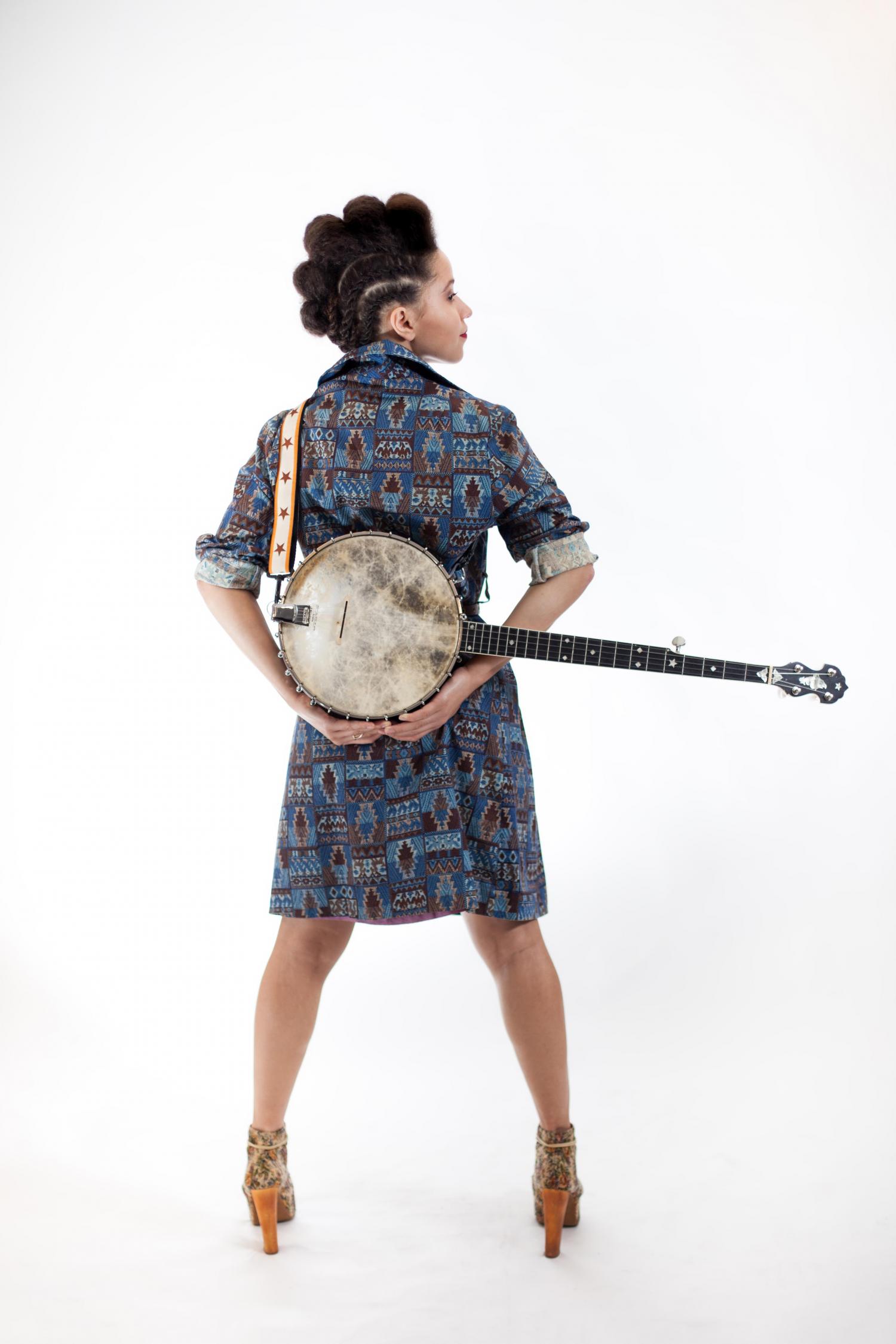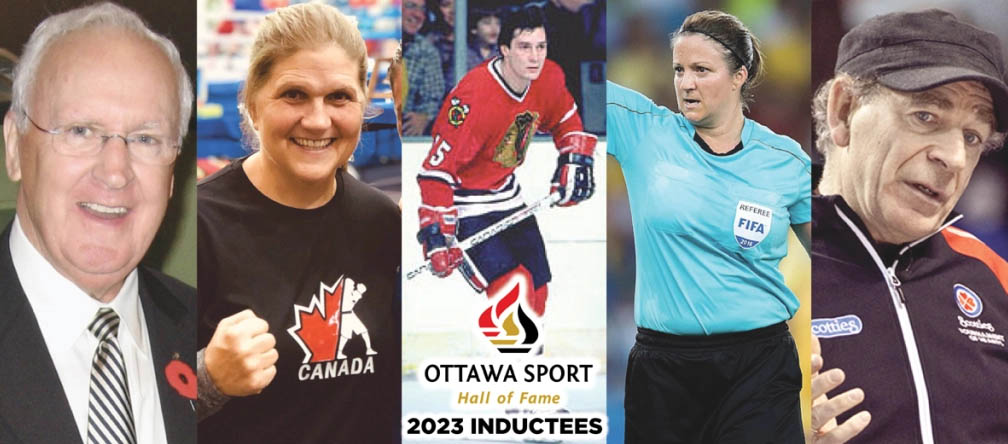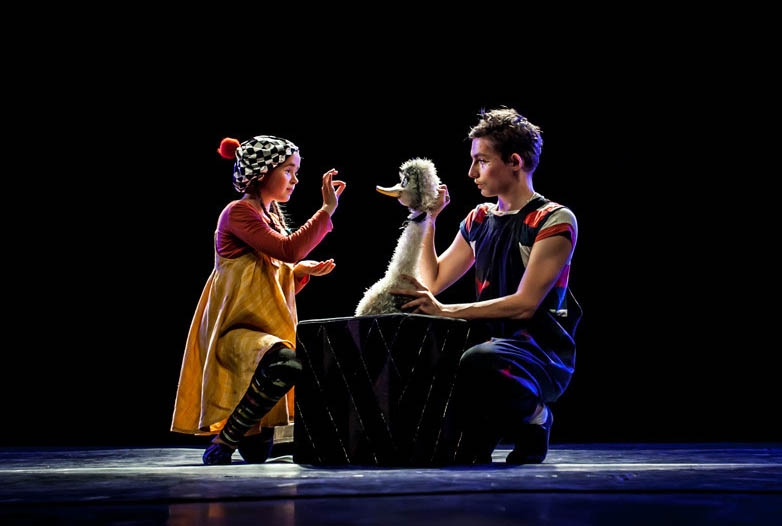
Kaia Kater: An old soul adds a contemporary twist to traditional banjo blues
“These clothes you gave me don't fit right
The belt is loose and the noose is tight
I'm drunk out looking for a fight
I'm soft and heavy as the night”
Photos courtesy of Tamara Kater
How do you define diversity? Canada, as a country, likes to brand itself as a diverse country, welcoming multiple cultures with open arms. Some places of employment praise themselves for having a diverse workforce. Rarely do we see a rich diversity of cultures within a single person or artist. Kaia Kater is a Quebec-born, Toronto-based, African-Canadian artist of Caribbean descent who has studied and now performs American Appalachian music. Think about it. That’s pretty broad and far-reaching. She’s also fluently bilingual. This young banjo player, who was recently added to Rolling Stone Magazine’s list of artists to watch, writes and sings compelling songs with restraint underscored by angst.
Speaking clearly, choosing her words carefully, Kaia Kater displays a calm and wisdom well beyond her mere 23 years of age. She is an old soul who, both on stage and in conversation, captivates her audience telling stories of the daily realities faced by people of colour in North America.
With rich tenor vocals, plucking at her banjo, she poignantly sings what I might refer to as Appalachian blues, but with a contemporary quality that somehow manages to cross over many cultural divides. Her second album, Nine Pin, is unflinching in its message, but expressed so delicately, one could be forgiven for missing the point while captured under her spell.
It seems to be that, Kaia having such a diverse background, having her foot in many cultural spheres may be the very thing that has caused her to feel isolated at a young age. So she set out to forge her own identity somewhere outside of her familial ties. The result is a truly unique art form which no other could ever claim. Kaia is still early in her career and is indeed an artist to watch out for in the coming years.
 Kaia was back home in Wakefield performing at The Blacksheep Inn last weekend and Ottawa Life Magazine caught up with her.
Kaia was back home in Wakefield performing at The Blacksheep Inn last weekend and Ottawa Life Magazine caught up with her.
Ottawa Life: Kaia, you have such a unique background. Tell me about your early years.
Kaia Kater: I was born in Montreal and then we moved to Wakefield when I was 10 thanks to The Blacksheep Inn actually! My mom went there and fell in love with the town and its people. I stayed until I was about 15 when I decided to study banjo. I was being a rebellious teenager.
I noticed a French song on your latest album, Nine Pin. Do you speak French too?
Yes, I do speak French. “P’tit Chagrin” is a song on the album that was written by my aunt Julia Kater. It was very important to the family that we learn and speak French. It is part of my identity as a Canadian.
So you were born in Montreal, lived in Wakefield, studied in West Virginia, you’re bilingual, what else?
Well yes, my father is from Grenada, a small island in the Caribbean known for its spices, like nutmeg. He moved to Canada at a young age. I grew up with stories and music from the island. I didn't feel it was special when I was a kid but I came to appreciate the history and the culture as an adult.
So you’re living in Wakefield, going to school in French, hanging out at local folk festivals, how on earth do you end up deciding to study Appalachian banjo south of the boarder in West Virginia?
In Wakefield, I was exposed to a really open and generous folk community. I was fortunate to take piano lessons at NAC in Ottawa and I also learned the cello. It was all great. But at some point I grew disillusioned. I felt like I was learning the music of old dead white men [she chuckles coyly as she says those words]. As great as that genre may be, it just wasn't me – it didn't speak to me. By then, I was a moody teenager. That’s when I discovered the banjo at a bluegrass festival. My mother worked at various bluegrass and folk festivals and I tagged along and spent time at these events surrounded by eclectic art and music. This gave me the opportunity to see different music expressed on stage. I met musicians like Chris Coole and Old Man Luedecke who were very influential in my formative years.
I will admit that playing banjo wasn't cool when I was in high school, so I shredded in my room developing my clawhammer style. I loved the opportunity to go away and study it in West Virginia, to be immersed in a place at the center of where that music comes from and to hear the stories and understand the history. Through my studies, I also started doing percussive dance and singing more. All of this really helped me get to know who I was and to know what I wanted to express as an artist.
Who else did you meet along your journey that might have influenced you?
The Carolina Chocolate Drops were also a big influence. They were starting a sort of revolution early in their career. They found that there was a void in the acknowledgement of black identity in old music and Americana. It was through them that I learned that the banjo had African-American roots. It's an instrument that was brought over by the slaves. I had no idea! The Carolina Chocolate Drops really helped me see more of myself in that history which helped reflect who I am. Meeting them had a huge impact which helped me play on and continue my journey.
So how far has the banjo taken you in terms of touring around the world?
I have been touring full time for 7 months now. I graduated in May [2016] and released my second album, Nine Pin in December 2016. The tour for that album took me from Nashville to Montana and along the east and west coast of the US. I also went to the UK: Scotland, England and Wales. Traveling and performing live gave me a different kind of education. I feel that now I’m entering the school of life! Learning how to be on the road, how to perform for an audience and succeed in getting my message out. So far, it has been a great adventure. Not without its challenges, but fun.
The banjo is a unique instrument that I would guess is not for everyone. Did you get a sense of who understands or likes banjo best? Are there countries that don't get it?
Yes, actually mostly Canada! In the US, they know the instrument. It’s part of their heritage, more in some parts than others. But in Canada, the banjo is a foreign or eclectic instrument. I infused my own style adding jazzy tones to my sound so that it isn’t strictly American Appalachian in style. But I definitely noticed that audiences from different countries possess a different frame of reference in the appreciation of my music.
I know that your lyrics are important and that you’re trying to broach important issues. It’s not all just fun and games for you.
Well, let’s say it’s 85% fun and 15% serious [she chuckles again]. I approach my writing as organically as I can. I really don't want to preach. That's not me. I let the words come out as they do. The song, “Rising Down” came from the Black Lives Matters movement. It's about what it’s like to live as a coloured person in the world. I know colonialism can't be undone and I understand that it will take years to undo the trauma. Yet, I sincerely feel that we're slowly getting there. Ultimately, we have no choice but to accept what has happened and now, we must move forward progressively to try to mend the harm and strive for a better future. But as children of today, how do we do our part to undo what has been done? Sometimes all we can do is just listen. Any progress will be extremely long term.
Kaia, you are wise beyond your years. I feel that you are an “old soul”. You’re only 23 and have so much to offer still. I know you will have much to impart in the coming years. Thank you for chatting with me today.












